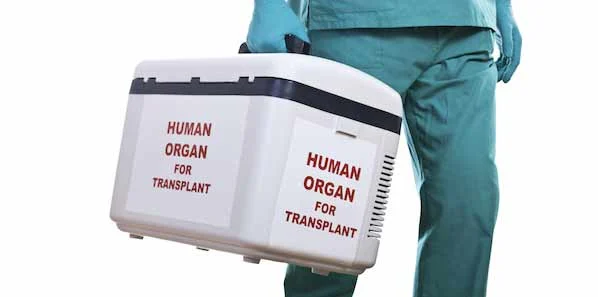Findings of a recent study, the first of its kind, have revealed that liver transplant candidates wish to be involved in the decision as to whether they should accept or reject a donor organ. Discussed in the journal Liver Transplantation, the project has been spearheaded by Robert Porte, a Professor of Surgery at the University Medical Centre Groningen in the Netherlands.
The study, conducted through an anonymous survey questionnaire, included 40 patients who were already on the waiting list for a liver transplant, and 179 patients who had undergone the procedure at the University Medical Centre between 2000 and 2010, most of them middle-aged Dutch men.
The majority of transplant candidates wanted to take an active role in the decision making process for a donor organ. More than 50 percent of the candidates in the study also wished to be informed of donor risk associated with the organ. Approximately 80 percent of these patients stated they wanted to be involved in the decision to accept or reject the liver organ. 10.6 percent of the participants said they wanted to make the decision entirely by themselves while only 9.6 percent expressed no desire to be involved in the decision making process at all.
Porte stated that "implementing this knowledge and standardising the content, the manner of transfer and the amount of information we provide to our patients at the different time points along the transplant allocation process will be important in order to provide the same opportunities and care to every patient on the waiting list."
Donor livers are in great shortage across the world. According to estimates by the Organ Procurement and Transplantation Network (OPTN) in the US, there are more than 16,000 patients currently waiting for a donor liver. To better deal with the shortage, health authorities in some countries have relaxed certain rules for accepting donor organs to include donors older in age, as well as donors with a health status that would have previously excluded them. With this extended criteria, the possibility of donor-related risks such as disease transmission and graft failure also increases. Despite concerns about the quality of the donor organs it is believed that the perceived risk of organ donors transmitting cancer to the recipients of those organs is overestimated.
Image Credit: istock Photo
Latest Articles
transplantation, organ transplantation, liver transplant, patient involvement
Findings of a recent study, the first of its kind, have revealed that liver transplant candidates wish to be involved in the decision as to whether they s...









